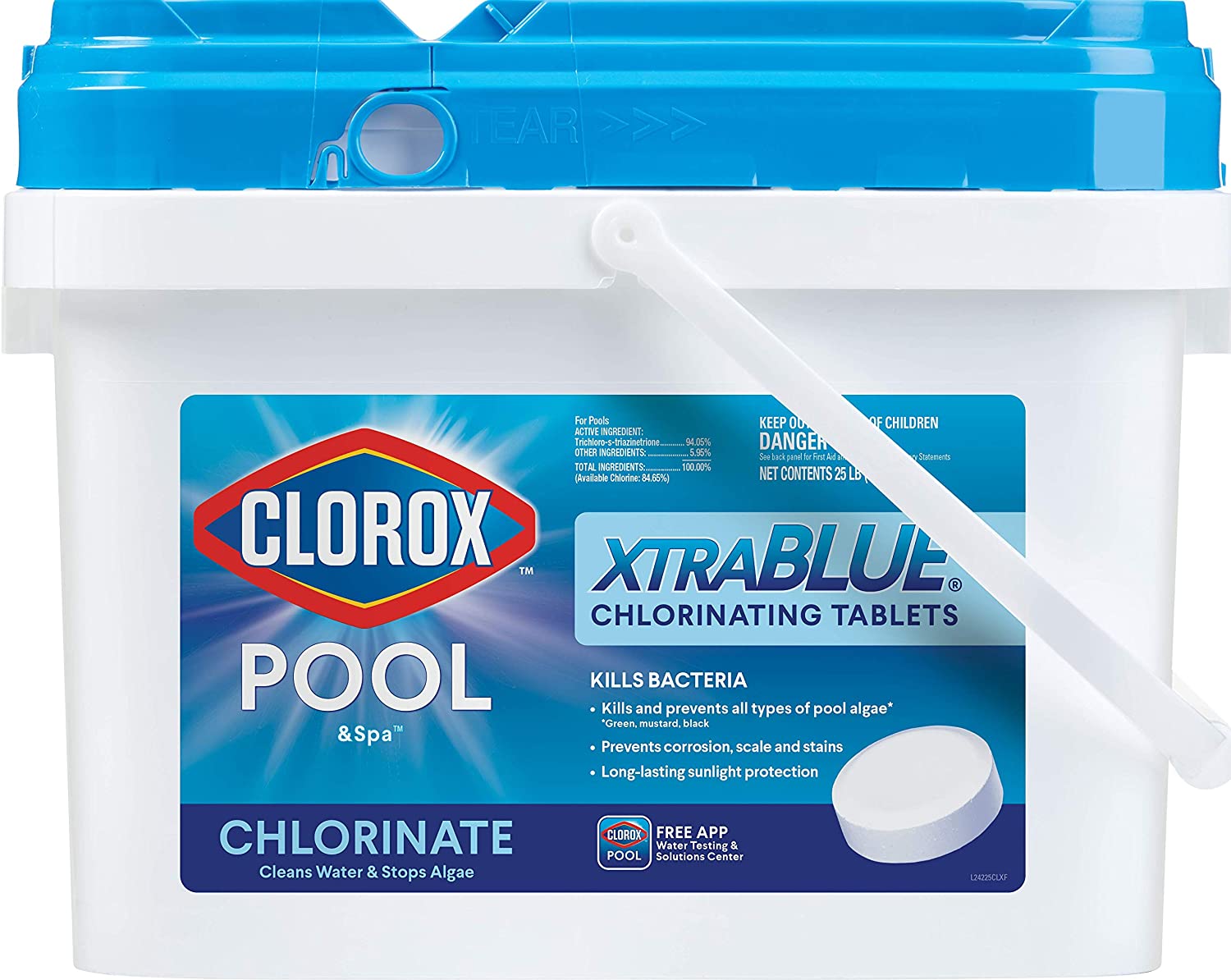
The Importance of Pool Chlorine Stabilization: Ensuring Effective Water Sanitization
Maintaining proper chlorine levels in your swimming pool is essential for ensuring clean and safe water for swimmers. However, chlorine can degrade quickly when exposed to sunlight, reducing its effectiveness in sanitizing pool water. That’s where pool chlorine stabilizers come in. In this blog post, we’ll explore why pool chlorine needs to be stabilized and the importance of using stabilizers to maintain optimal water quality in your pool.
Understanding Pool Chlorine Stabilization:
Chlorine is the most common sanitizer used in swimming pools to kill bacteria, viruses, and algae and to maintain water clarity. However, chlorine is susceptible to degradation when exposed to ultraviolet (UV) sunlight. This degradation, known as chlorine loss or chlorine burn-off, can occur rapidly and significantly reduce the effectiveness of chlorine in sanitizing pool water.
Why Pool Chlorine Needs to Be Stabilized:
- Preventing Chlorine Loss: Chlorine stabilizers, also known as cyanuric acid or stabilizer, help prevent chlorine loss by shielding it from UV sunlight. Stabilized chlorine molecules are less prone to degradation, allowing them to remain active in the water longer and provide continuous sanitation.
- Maintaining Sanitation Levels: Stabilizing chlorine helps maintain consistent chlorine levels in the pool, ensuring effective sanitation and protection against harmful pathogens. Without proper stabilization, chlorine levels can fluctuate, leading to inadequate disinfection and increased risk of waterborne illnesses.
- Maximizing Chlorine Efficiency: By reducing chlorine loss due to sunlight exposure, stabilizers help maximize the efficiency of chlorine in killing bacteria, viruses, and algae. This allows pool owners to maintain lower chlorine levels while still achieving the desired level of sanitation, reducing overall chemical usage and cost.
- Extending Chlorine Lifespan: Stabilized chlorine molecules have a longer lifespan in pool water, which means less frequent dosing and maintenance for pool owners. This can save both time and money in the long run by reducing the need for frequent chlorine additions and adjustments.
Importance of Using Pool Chlorine Stabilizers:
- Water Quality and Safety: Properly stabilized chlorine helps maintain optimal water quality and safety for swimmers by ensuring consistent and effective disinfection. This helps reduce the risk of waterborne illnesses and infections associated with inadequate sanitation.
- Cost-Effectiveness: Using pool chlorine stabilizers can help pool owners save money by extending the lifespan of chlorine and reducing the frequency of chemical additions. Additionally, stabilized chlorine allows for lower chlorine levels while still achieving the desired sanitation, further reducing chemical costs.
- Environmental Benefits: By reducing chlorine loss and minimizing the need for frequent chemical additions, pool chlorine stabilizers can help minimize the environmental impact associated with chlorine use. This includes reducing chemical runoff and minimizing chlorine exposure to aquatic ecosystems.
Conclusion:
Pool chlorine stabilization plays a crucial role in maintaining clean, safe, and inviting swimming pool water. By shielding chlorine from degradation caused by sunlight exposure, stabilizers help ensure consistent and effective sanitation while maximizing chlorine efficiency and lifespan. Pool owners should prioritize using pool chlorine stabilizers as part of their regular pool maintenance routine to achieve optimal water quality and safety for swimmers, while also promoting cost-effectiveness and environmental sustainability.




